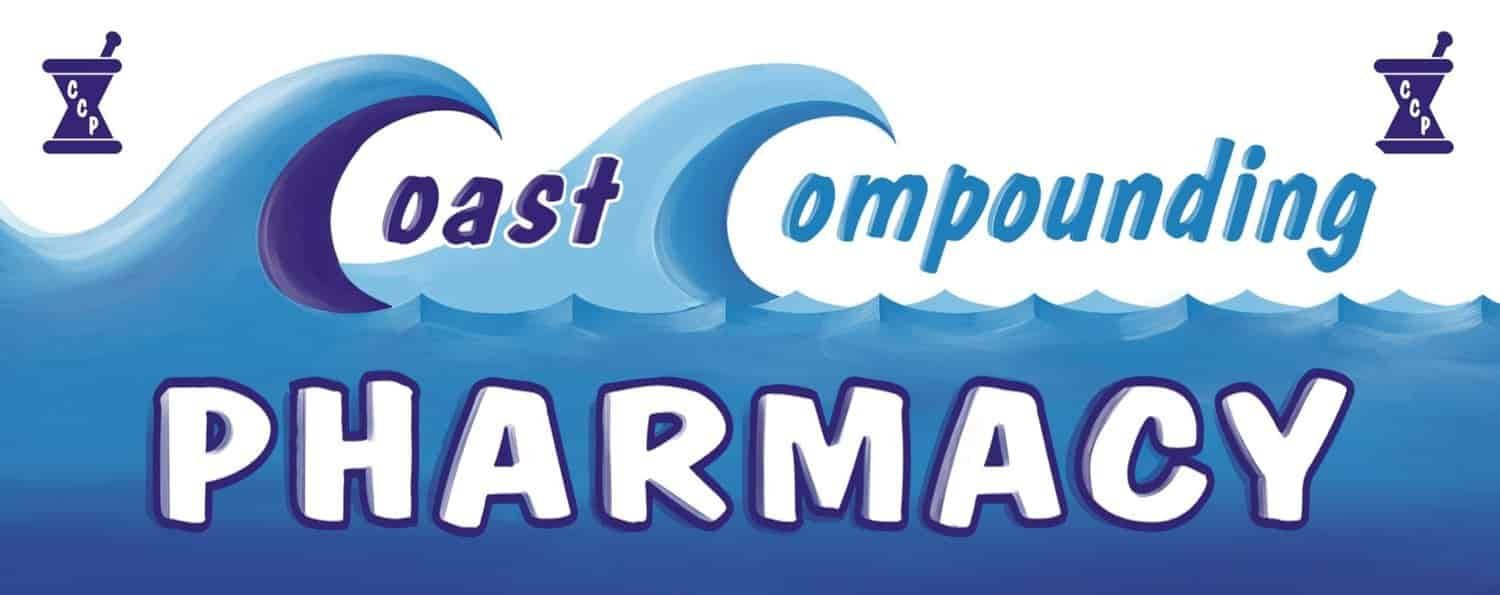Pediatric compounding is a specialized field of pharmacy dedicated to creating personalized medications for children. Given that children often have unique health needs that standard medications can’t meet, it’s essential to understand what pediatric compounding is and why it plays a crucial role in pediatric healthcare.
Understanding Pediatric Compounding
Pediatric compounding involves the customization of medications specifically for infants, children, and adolescents. This includes adjusting dosages, changing forms, or flavoring medications to make them more palatable.
In a world where one size does not fit all, pediatric compounding stands as a beacon of hope. Each child’s body reacts differently to medication, and sometimes, standard forms just won’t do. By creating tailored solutions, pharmacists play an essential role in managing children’s health.
Furthermore, compounded medications can prevent children from having to endure unpleasant experiences. For instance, turning a bitter pill into a sweet liquid can make a significant difference in a child’s willingness to take their medicine, thereby improving compliance and health outcomes.
Why Pediatric Compounding Matters
Not all children can take standard medications due to various reasons such as allergies, the need for adjusted dosages, or difficulty swallowing pills. Compounding allows for the creation of tailored solutions to meet these unique needs.
Moreover, pediatric compounding is especially important for those with chronic conditions that require long-term medication. Custom formulations can be designed to ensure that these children receive the right therapeutic effects without any undesirable side effects.
Taking into account the importance of taste and texture, compounding pharmacists excel at creating medications that not only meet medical needs but also make treatment easier for both children and their caregivers. The benefits extend beyond simple medication administration; they also enhance the overall healing journey.
Common Examples of Pediatric Compounding
Examples include creating liquid formulations of solid drugs, adjusting the concentration of a medication for a child’s weight, and adding flavoring agents to make treatments more palatable for young patients.
Another common practice is preparing creams or ointments for dermatological conditions that are specifically tailored in strength and formulation to suit delicate young skin. This customization ensures efficacy while minimizing potential irritants.
For children who may refuse to take medicine due to its taste or smell, compounding pharmacists often employ flavoring agents. This simple act can transform a difficult experience into something more manageable, encouraging adherence to treatment regimens.
The Role of Compounding Pharmacists
Compounding pharmacists are specially trained to formulate custom medications. They work closely with healthcare providers and families to ensure safe and effective options are available to children.
Their expertise not only lies in creating medications but also in providing critical guidance to parents on how best to administer them. This support can help alleviate concerns and ensure children receive the full benefits of their treatments.
Furthermore, compounding pharmacists play an integral role in educating families about the importance of their child’s unique health needs. This education fosters a sense of partnership in care, empowering families on their healthcare journey.
Regulations and Safety in Pediatric Compounding
Safety and quality are paramount in pediatric compounding. Pharmacists must adhere to strict regulations and guidelines to ensure that the compounded medications are safe for children.
Additionally, many states require that compounding pharmacies undergo regular inspections to maintain compliance with safety standards. This oversight is crucial for protecting the health and well-being of children who rely on compounded medications.
By prioritizing safety and adhering to established practices, compounding pharmacists ensure that every child has access to effective, customized treatments while minimizing the risk of potential harm. The combination of skill, regulation, and compassion makes pediatric compounding a vital aspect of modern healthcare.
Final Thoughts on Pediatric Compounding
In summary, pediatric compounding is vital for ensuring that children receive medications that are safe, effective, and tailored to their individual needs. By leveraging the expertise of compounding pharmacists, healthcare providers can help improve therapeutic outcomes in this vulnerable population.

